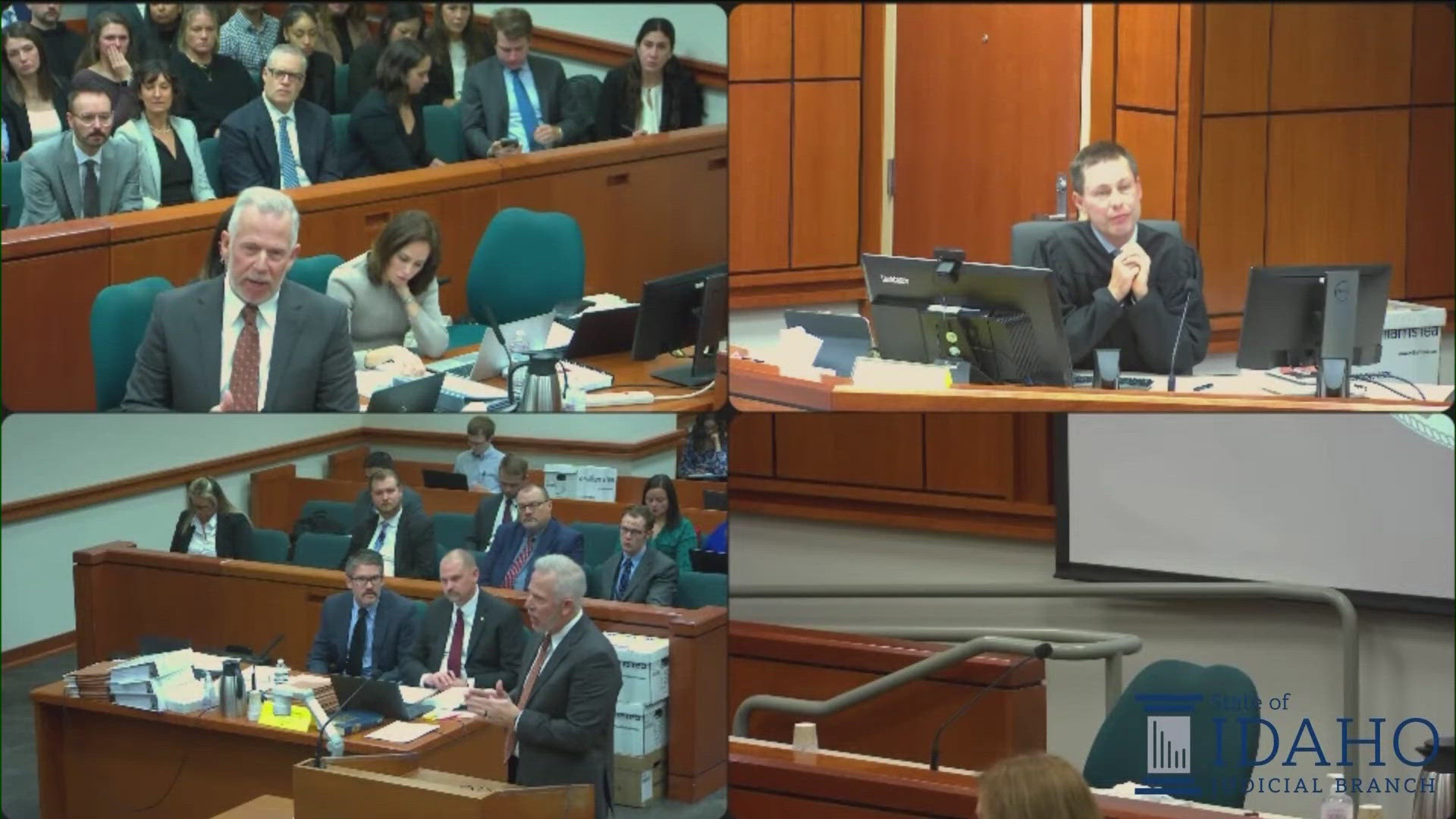BOISE, Idaho — The Idaho House on Wednesday killed legislation sought by Gov. Brad Little and co-sponsored by the co-chairs of Legislature’s joint budget committee to set up a new health care directive registry at the Idaho Department of Health & Welfare, to replace a non-functional one now at the Idaho Secretary of State’s Office.
The Idaho Press reports the bill died on a 30-38 vote, after House Majority Caucus Chair Megan Blanksma, R-Hammett, said, “I do not think … bloating the already enormous budget of the Department of Health & Welfare is the way to go about it.”
Blanksma contended the private sector could do the outreach and education that the registry would need, and objected to the ongoing $500,000 a year cost, half of which would come from federal matching funds.
Rep. Rick Youngblood, R-Nampa, Joint Finance-Appropriations Committee co-chairman and the bill’s lead sponsor in the House, said, “It has the benefit of saving money on unnecessary life-sustaining procedures that may or may not be what the person wants.”
But the majority in the House rejected it.
After the vote, Youngblood said it’s likely dead for this year, and he’s disappointed.
Blanksma said she had no problem with creating a new, more accessible registry or moving it to Health & Welfare, just with the cost.
Rep. John Vander Woude, R-Nampa, said, “There’s better places to spend the money than here.”
And Rep. Mike Kingsley, R-Lewiston, said he thought the registry should stay at the Idaho Secretary of State’s Office.
The Secretary of State’s office doesn’t want to keep the registry and has supported moving it to Health & Welfare, which can comply with federal medical privacy laws under HIPAA.
The current registry at the Secretary of State’s office has collected and filed more than 40,000 health care directives, which include people’s wishes about their own end-of-life care, but they’re just sitting on paper in files and there’s no way for medical providers to access them when a patient comes in.
“It’s got to move from the Secretary of State, obviously, because they don’t have the ability to really manage it correctly,” Youngblood said. “And we’re all passionate about it. It needs to be in a place where it can be managed and taken care of.”
More from our partner Idaho Press: After 2 years of rejections, anti-'motorcycle profiling' bill passes Idaho Senate
Watch more 'Idaho Politics'
See them all in our YouTube playlist here:



